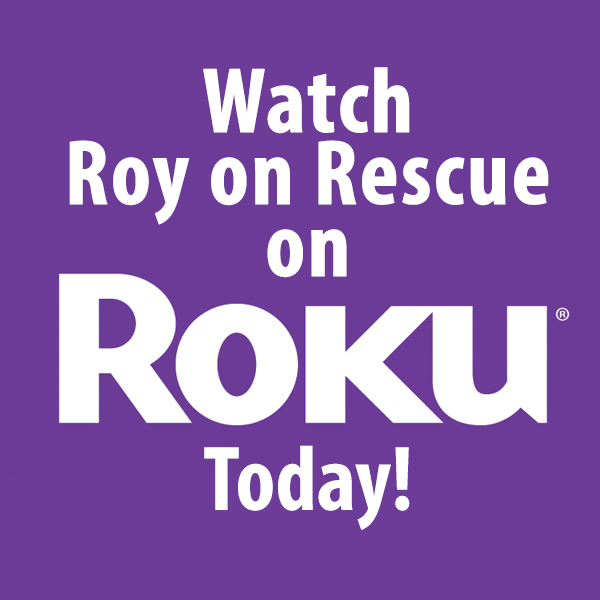In this 3rd and final video on the series “Emergencies When You’re Alone” we cover what to do if you are severely cut and are all alone. If you’ve ever wondered the best action to take to survive, you will want to watch this video.
Tag Archives: EMS
Emailed Message from A RoyOnRescue Viewer From The UK
Hayley from the UK sent me a very nice email response and I thought I’d share it with everyone.
It reads:
Hello,
My name is Hayley and I’m from the UK. I just want to say how fantastic your videos are and has made me want to follow the career I want to pursue even more, being a paramedic. Thank you.
Hayley H., age 16
Response:
Hello Hayley,
Thank you for taking the time to write. It’s great to hear that you are enjoying the RoyOnRescue series of video blog entries. I hope that you will continue to find them helpful, interesting and educational. Best wishes on your pursuit of an EMS career. There’s nothing like being a paramedic and being able to help others in their time of crisis. EMS is filled with everything from comedy to tragedy and the successful EMS provider is one that can cope well with each situation and know that they did their best regardless of the outcome. Let me know if I can be of further assistance and congratulations on Queen Elizabeth’s Diamond Jubilee celebration! 60 years…Wow!
Cheers,
Roy, RoyOnRescue.com
Allergic Reaction and No Epi Pen!
I received another email from a person asking: “What are basic first aid measures for a serious allergic reaction if there is no epi pen available? I watched your training video in your library at ProFirstAid.com but I can’t seem to find an answer.”
Thanks for your answer,
C
Thanks for the question C. I thought this was a good question and a situation which no one wants to find themselves. So I decided to reply back and include it into the RoyOnRescue.com blog response. I hope it helps.
Here’s my reply:
Dear C,
Other than immediately calling EMS/911, if at all possible, let the person rest in position of comfort.
Some of the things that are indicated for first aid providers are:
1. Watch for signs and symptoms of severe allergic reactions like difficulty breathing, itching, hives, swelling, sore throat, anxiety.
2. Remove victim from anything that would aggravate or worsen the symptoms.
3. Give supportive care like rescue breathing, CPR, shock treatment etc when indicated.
4. If at all possible, identify what it is that gave the person their serious allergic reaction and avoid any further exposure to it.
This is not a prescription but simply something that I would do. I always like to have liquid diphenhydramine(Benadryl like antihistimine) on hand that can be taken as prescribed on the container or per doctors order. If I did not have a prescription for a “rescue inhaler” like albuterol or didn’t have an allergy response kit prescribed and filled from my doctor I would really emphasize doing so, and then keeping it up to date as the epi pen and other medications could expire and be useless.
Remember, recognizing the early signs of an allergic reaction and activating EMS/911 as soon as possible is critical. Time is of the essence. Oh! And if you think you may have an allergy, or have ever had a severe allergic reaction, you should be sure to contact your medical professional and get a filled prescription for an emergency allergic reaction kit, AKA: bee sting kit.
I hope this helps, and best wishes.
Roy


